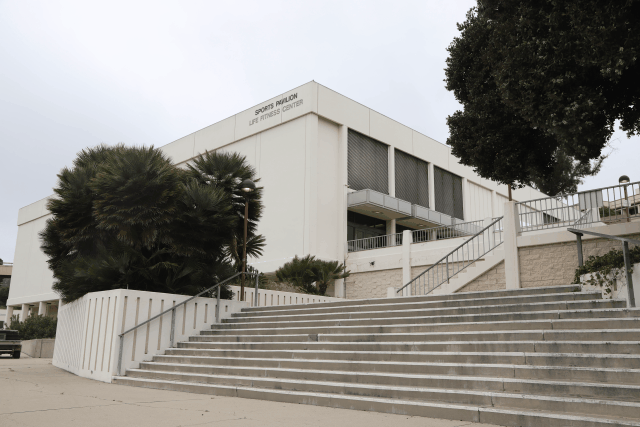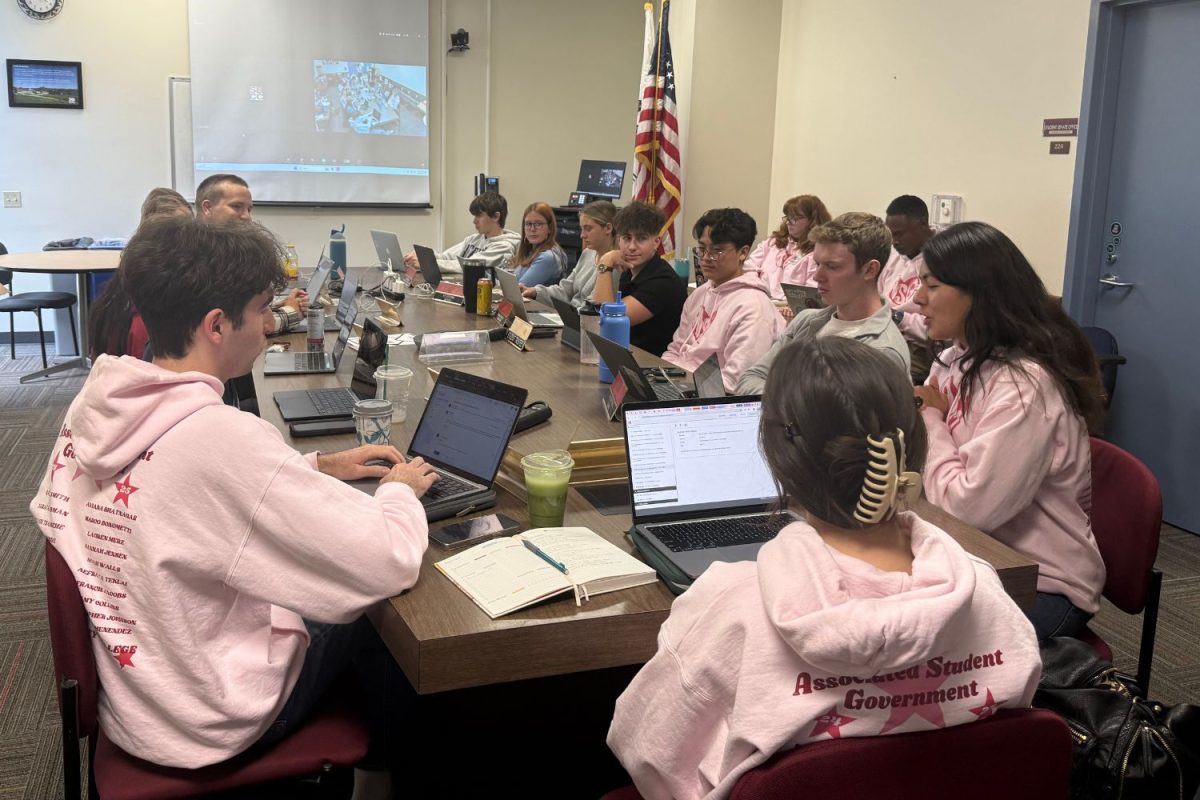City College’s College Planning Council confronted the issue of equity and reviewed budgetary plans for the next 18-month school calendar during its meeting on Tuesday, March 15.
Chelsea Lancaster, a student program advisor at EOPS, appeared during public comment to express her “disappointment” with the CPC’s reaction to previous comments made by Advanced Leadership Association Rep. Jason Walker.
She said the comments were derogatory against women of color serving roles in the Academic Senate and the CPC’s lack of reaction to Walker’s comments shows stubbornness toward change. She continued saying that it exemplified “moving at the speed of white comfort” when it comes to being “invested for safety and liberation in the way we speak,” and that the CPC used words “like classism and intersectionality as cudgels to speak over others.”
Lancaster said she wasn’t sure any progress could be made and felt “hopeless” about the whole situation.
“It’s not just about doing training and reading books, it’s about you being invested for the safety and liberation for marginalized folks,” she said.
Walker apologized and said he hoped the council would learn from this happening and move forward.
“What I was referring to,” Walker said, “when talking about bullying and communications was — and I’ll be direct, I should have been more direct then — our academic president being dismissive of others.”
Interim Superintendent-President Kindred Murillo said she felt something had to be done as soon as possible.
Murillo said the next step was to invite outside facilitators to guide the conversation towards becoming an anti-racist organization. She said she’d already invited specialists Frank Harris and Luke Wood from San Diego State University’s equity assessment lab to a meeting in April.
“As we speak we need to make sure we engage with the professionals,” she said.
The questions of what the step after training was and how to actually implement it were raised.
Murillo stressed the ultimate goals were to one day become an all-inclusive institution stressing equity and to harbor diversity and student success.
“When we do the planning we’re going to look at key indicators of how we are being successful… and use performance indicators,” Murillo said in regards to mapping the process.
The superintendent-president also brought up the possibility of losing some funding from the Emergency Conditions Allowance (ECA).
The ECA comes from the state Board of Governors. It is a safety fund for protecting colleges in times of unforeseeable need. The ECA bolstered the school’s economic struggles during the COVID-19 shutdowns.
“I’ve used it (ECA) when a transformer blew up at one of my colleges and we closed for a week. I’ve used it after closing down for a week due to snow. I know several colleges used it in the last two years due to wildfires,” Murillo said.
According to the interim superintendent-president, the school will be forced to enter deficit-spending next year but does have “significant” reserves that will let City College “weather any kind of fiscal crisis.”
“We’re trying to plan for the next 18 months and my hope is that it’s a good 18 months financially,” she said. “But if it’s not, then having the plan in place to work our way through it.”








